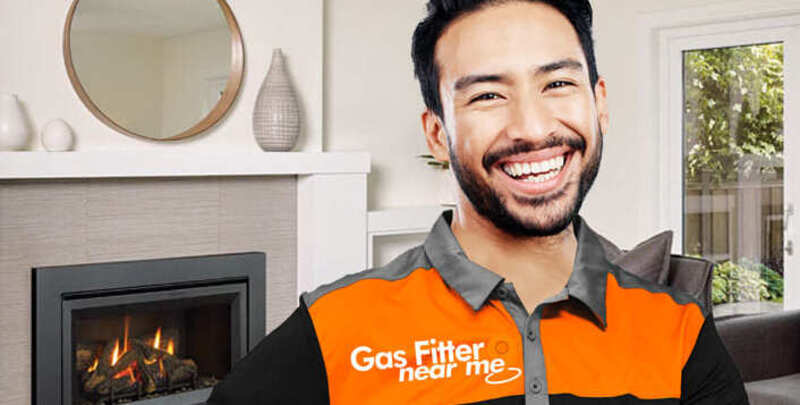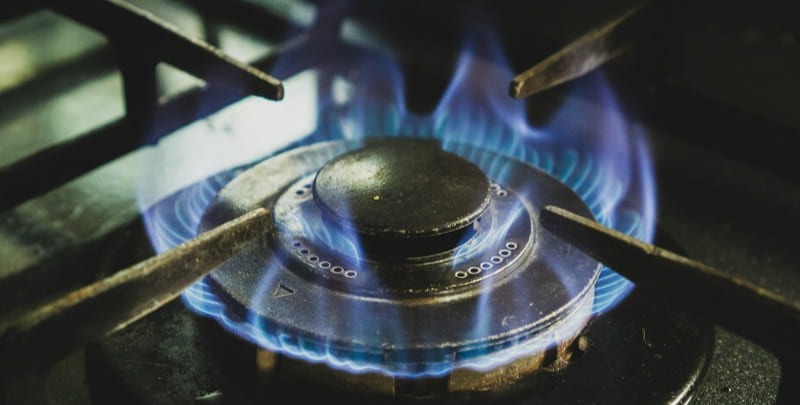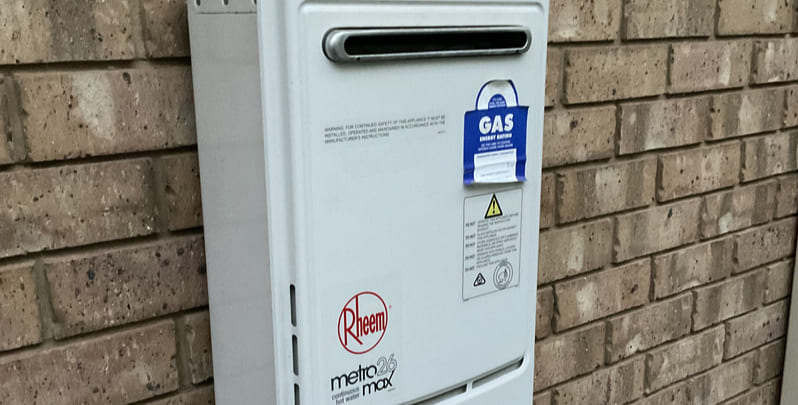Who to Call for a Gas Leak in Your Home

Discovering a gas leak in your home can be alarming. Knowing the right steps to take immediately can greatly reduce risks to your safety and property. Whether you smell gas inside your house or suspect a problem with your gas appliances, swift action is crucial.
Knowing who to call for a gas leak in your home is essential. Emergency services should be your first call in a major gas leak situation, but for less urgent repairs, contacting a licensed gas fitter or your gas distributor can ensure that your gas supply is safely managed and restored.
Identifying a Gas Leak
Recognising the signs of a gas leak early can prevent serious consequences, including the risk of a gas fire or explosion. One of the first indicators is if you smell gas. Natural gas is odourless, so suppliers intentionally infuse it with a sulphuric odour, similar to rotten eggs, to ensure it’s noticeable.
Visual cues also play a critical role. Look out for:
- a white cloud or mist near your gas appliance
- bubbling in standing water
- visible damage to connections on your gas lines or gas meter
These signs suggest that gas is escaping its intended path. Additionally, if the vegetation near your gas lines suddenly dies or discolours without an apparent reason, it could be due to leaking gas affecting the area.
Keep an Ear Out
Auditory signals should not be ignored. A hissing or whistling sound near your gas appliances or pipes might indicate gas is escaping at a high pressure. Be especially cautious if you hear such sounds and refrain from operating electrical appliances or switches, which could ignite the highly flammable gas.
If an emergency occurs and you identify any of these warning signs, do not attempt to repair the leak yourself. Open doors and windows to ventilate the area, evacuate immediately, and contact licensed gas fitters or your gas supplier for professional assistance. Handling gas leaks requires expertise and precision to ensure safety and compliance with local gas work regulations. The need to act quickly but carefully cannot be overstated.

Immediate Steps to Take If You Smell Gas and Suspect a Leak
When you suspect a gas leak, the first step is to ensure your own safety and that of others in the vicinity. Do not operate any electrical equipment, including light switches, mobile phones, or anything that could generate a spark. This precaution helps prevent igniting the gas, which is highly flammable.
Next, immediately shut off the gas supply if you can safely access the gas meter or cylinder without risking your safety. This action can help minimise further gas escape. Extinguish all pilot lights and other flames, but only if it is safe to do so. Do not strike any matches or use a cigarette lighter.
Open all doors and windows to disperse the accumulated gas and improve air circulation in the building. This step helps to reduce the concentration of gas in the air, decreasing the potential for a fire or explosion.
Finally, evacuate the building and contact a gas plumber or emergency services if the situation seems critical. It’s essential to leave the repairs to professionals—plumbers trained to handle such emergencies will conduct the necessary checks and repairs to ensure everything is safely restored.
Who to Call for a Gas Leak in Your Home
In the event of a suspected gas leak, knowing the appropriate contacts to call will ensure quick and effective response. Depending on the severity and immediacy of the leak, your response might differ.
For emergencies where you perceive an immediate danger, such as a strong smell of gas or a visible rupture in a gas line, it is crucial to call emergency services immediately. In Australia, dialling 000 will connect you to the emergency services who can dispatch fire brigades equipped to handle gas emergencies. They prioritise safety and will guide you on staying safe until help arrives.
If the situation is less urgent but you still suspect a leak due to minor signs like an unusual increase in gas bill or faint odours, contact your gas supplier directly. Utility companies have emergency numbers specifically for reporting gas leaks. They can provide immediate advice over the phone and will dispatch qualified personnel to inspect and repair the leak.
Always Contact a Licensed Professional
For any installations, replacements, or checks on gas appliances and connections, it’s advisable to contact a licensed gas plumber or gas fitter. These professionals are trained to handle gas appliances, ensuring all work complies with national safety standards.
Additionally, it’s beneficial to have the contact details of a local licensed gas plumber handy for regular checks and maintenance. Regular servicing can prevent many gas leakages by ensuring all fittings and appliances are in good working order.
Remember, never attempt to repair a gas leak yourself. Gas leaks are hazardous and require professional attention to ensure the safety of everyone involved.

How to Prevent Gas Leaks in Your Home
Preventing gas leaks is crucial for maintaining safety and ensuring the longevity of your gas appliances. Regular maintenance is the key to preventing most gas-related incidents in your home.
Firstly, schedule annual inspections and servicing of all your gas appliances and connections. This should be done by a licensed gas fitter, who can check for wear and tear, ensure proper functionality, and replace parts that may lead to leaks. These professionals can also assess and adjust the pressure settings on your appliances, which if incorrect, could lead to leaks.
Always Bring in a Licensed Gas Fitter For Installations
Additionally, be aware of the installation process when new gas appliances are brought into your home. Ensure that installation is performed by qualified professionals who can guarantee that the equipment is set up correctly and safely. Incorrect installation can not only lead to gas leaks but also diminish the efficiency and lifespan of the appliance.
Lastly, educate everyone in the home about the signs of a gas leak and the steps to take if they suspect one. This includes recognising the smell of gas, knowing how to shut off the gas main, and understanding the importance of ventilation.
By taking these preventive measures, you can help protect your home from the dangers of gas leaks and ensure a safe environment for your family.
Keep Your Home Safe from Gas Leaks
Understanding what to do and who to contact in case of a gas leak is vital for the safety of everyone in your home. Regular maintenance, immediate action when a leak is suspected, and knowing the right professionals to call can all significantly reduce the risks associated with gas leaks.
By staying informed and prepared, you can ensure a quick response to potential gas emergencies. Keep emergency contacts readily available and remember the importance of professional handling of all gas-related issues. Ensuring these safety measures can help protect your property and, more importantly, the lives within it.
Please note: This information is provided for advice purposes only. Regulations differ from state to state, so please consult your local authorities or an industry professional before proceeding with any work. See our Terms & Conditions here.